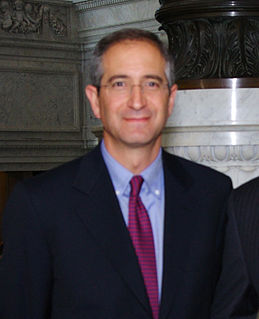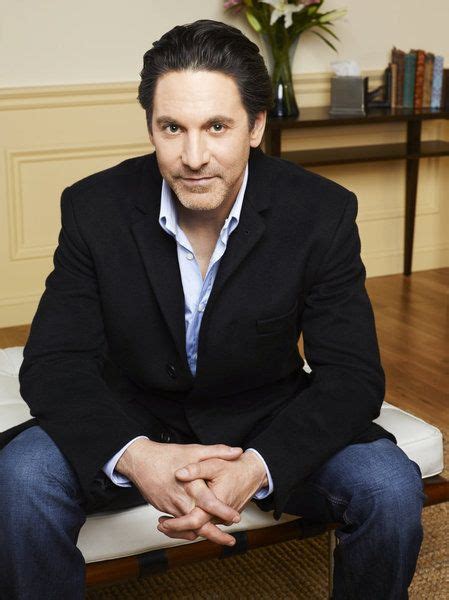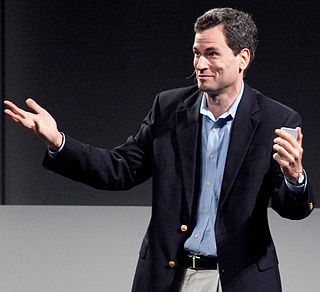A Quote by Trevor Paglen
One project I am pretty excited about is 'Autonomy Cube.' These are basically minimalist sculptures that create a free and open Wi-Fi network wherever you install them, and they are routed over Tor, which basically anonymizes the traffic of everybody using it.
Related Quotes
I think it's a sign of a gotcha political system that's looking to take down public interest candidates that they make a big deal out of a comment to a parent concerned about the exposure of young children to Wi-Fi. Now it turns out that Wi-Fi is actually untested. A large study by the NIH [National Institutes of Health] released a month ago raised serious questions about whether kids ought to be exposed, whether young children ought to be exposed to Wi-Fi. And you know, I'm not saying they should or they shouldn't but that this should be studied. Absolutely it should be studied.
Who benefits from Wi-Fi? We all benefit from Wi-Fi. Is there an industry here? Of course, there is an industry, as well. The point is public health needs protecting. I don't think you should have to prove that there is some profiteer who might have an ulterior motive in order to protect public health.
One of the things that really gets me excited and makes me start up companies is the fact that you can basically build something new, try to introduce a change in a way that people are used to doing certain activities, and basically create something out of scratch that doesn't exist and would revolutionize whatever it is that you are trying to do with it. So that's part of the reason I love being able to be a technologist.
There's basically an element of fiction in everything you remember. Imagination and memory are almost the same brain processes. When I write fiction, I know that I'm using a bunch of lies that I've made up to create some form of truth. When I write a memoir, I'm using true elements to create something that will always be somehow fictionalized.






































